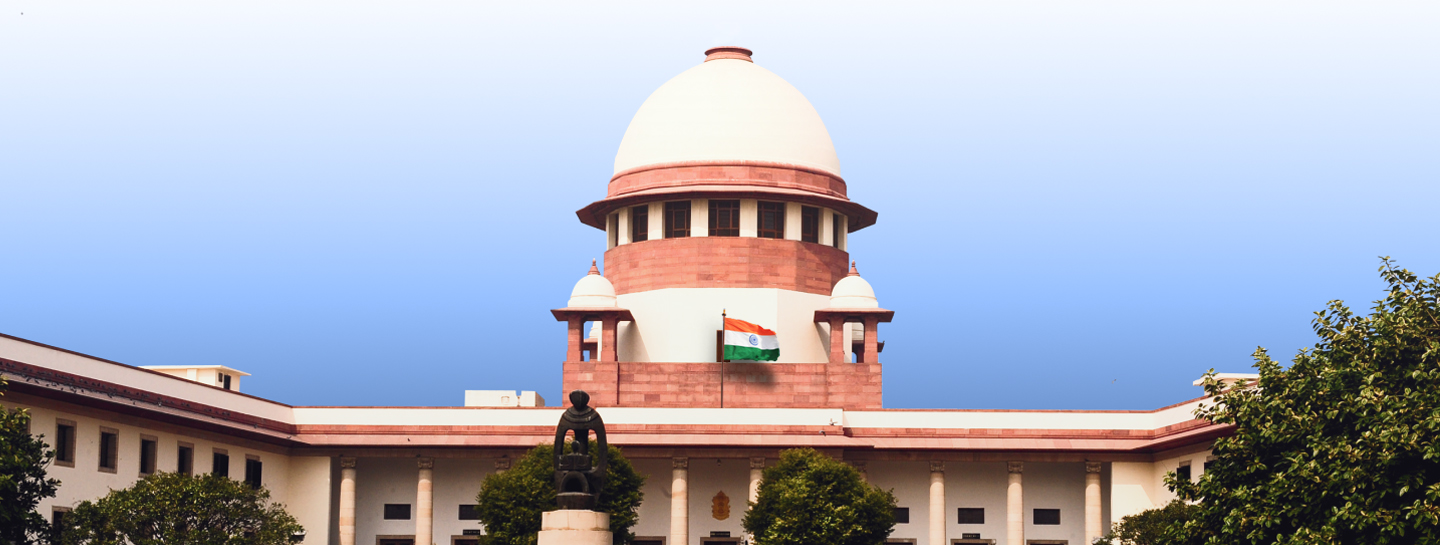The Supreme Court will hear on March 19 the issue of reconsidering the Indira Jaising judgments of 2017 and 2023, which outline the process for conferring the Senior Advocate designation to lawyers.
A bench comprising Justices Abhay Oka, Ujjal Bhuyan, and SVN Bhatti has issued notice to all High Courts and relevant stakeholders while hearing a case in which a two-judge bench (Jitender @ Kalla v. State (Govt.) of NCT of Delhi & Anr.) recently raised concerns about the procedural framework established by the Indira Jaising rulings.
Notice to High Courts and Stakeholders
The Court directed its Registrar (Judicial) to forward copies of the order along with the Jitender Kalla case order to the Registrar Generals of all High Courts, informing them that the matter will be heard on March 19. The High Courts have been given time until March 7 to submit their responses or suggestions. Additionally, any party involved in the Indira Jaising case wishing to file a written response must do so by March 6.
Since the 2017 and 2023 judgments were delivered by three-judge benches, the two-judge bench referred the matter to the Chief Justice of India, who then constituted the present bench.
Call for a Larger Bench
During the proceedings, Senior Advocate Indira Jaising argued that if the Indira Jaising I and II judgments are to be reconsidered, they should be reviewed by a larger bench of greater strength. The Court acknowledged her submission and noted that she would have the opportunity to argue this point.
Notice to Respondents & Role of Attorney General
The Court also issued notice to the respondents in Indira Jaising v. Supreme Court of India, the case in which the 2017 judgment was passed. However, since Advocate Vipin Nair, President of the Supreme Court Advocates-on-Record Association (SCAORA), appeared on behalf of SCAORA, the Court held that notice need not be served to them separately.
Solicitor General Tushar Mehta stated that he would inform the Attorney General for India and the Union of India, ensuring their representation in the matter. The Court directed that the Attorney General, if present, would be given the first opportunity to make submissions, followed by the Solicitor General and other counsel representing parties in the Indira Jaising and Jitender Kalla cases. Senior Advocate Indira Jaising would have the final opportunity to present her arguments.
Concerns Raised by the Supreme Court
In last week’s ruling, the Supreme Court stressed that the Senior Advocate designation process must ensure that only deserving advocates receive the title, as granting it to undeserving candidates could undermine the judiciary’s credibility and prestige.
Key concerns flagged by the Court include:
• Whether an advocate can apply for the designation, given that Section 16(2) of the Advocates Act states that the title is a privilege conferred by the Supreme Court or High Courts.
• The adequacy of brief interviews in assessing a candidate’s personality, integrity, and fairness.
• Whether the points-based evaluation system properly accounts for ethical standards and merit or merely emphasizes years of practice.
• The potential for the interview process to undermine an advocate’s dignity and turn the designation process into a selection process.
• The lack of opportunities for meritorious trial court lawyers, who may be disadvantaged by the “reported judgments” criterion, which rewards appellate-level practitioners.
Case Details
• Case Title: Jitender @ Kalla v. State (Govt.) of NCT of Delhi & Anr.
• Case No.: Crl.A. No. 865/2025 | Diary No. 12735/2024
The upcoming hearing is expected to shape the future of the Senior Advocate designation process, potentially leading to a more refined and equitable framework.



